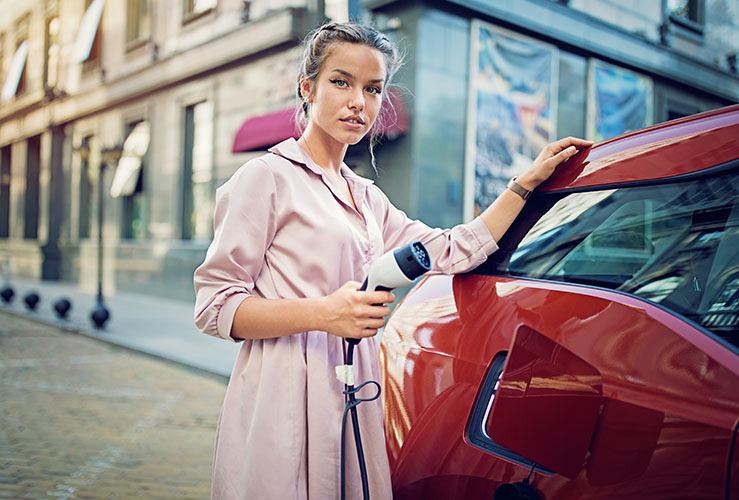It's been a rough year or so for the UK car industry due to Diesel models falling out of favour with the public; demand from China declining; and, you guessed it, uncertainty over Brexit.

But it's not all doom and gloom. The government has announced £23 million of funding for UK firms looking to develop batteries for electric cars.
The fund aims to "keep the UK at the forefront of electric car development" and is part of the modern Industrial Strategy’s Future of Mobility Grand Challenge.
Business Secretary Greg Clark announced the winners of the Faraday Battery Challenge on 11 June, which include small designer, large car manufacturers and academic institutions.
The government wants such new technologies to move the UK towards a net zero emissions economy, with the aim of all new cars and vans being zero-emission by 2040.
Among the high profile funding winners are:
- Jaguar Land Rover and associates who will work towards maximizing battery performance while keeping safety front and foremost.
- Mining consultancy company Wardell Armstrong which will work with the Natural History Museum and mining outfit Cornish Lithium, who together will study how Britain will obtain the huge amounts of lithium needed for the switch to electric vehicles.
- A study looking at how artificial intelligence can be used in battery manufacture, fronted by materials technology firm Granta Design.
Business and Energy Secretary, Greg Clark said: "We are committed to ensuring our world-leading automotive sector can flourish. These exciting new projects will build on the UK’s reputation for excellence, our rich heritage in the auto industry and pave the way for advances towards a cleaner economy.”
"We will continue to invest in future car manufacturing, batteries and electrification infrastructure through our modern Industrial Strategy and today’s winners will be crucial in ensuring that the UK leads the world in the global transition to a low carbon economy - one of the greatest industrial opportunities of our time."
In total, £274m will be awarded to UK firms taking part in the Faraday Battery Challenge, itself part of the Industrial Strategy Challenge Fund (ISCF).




